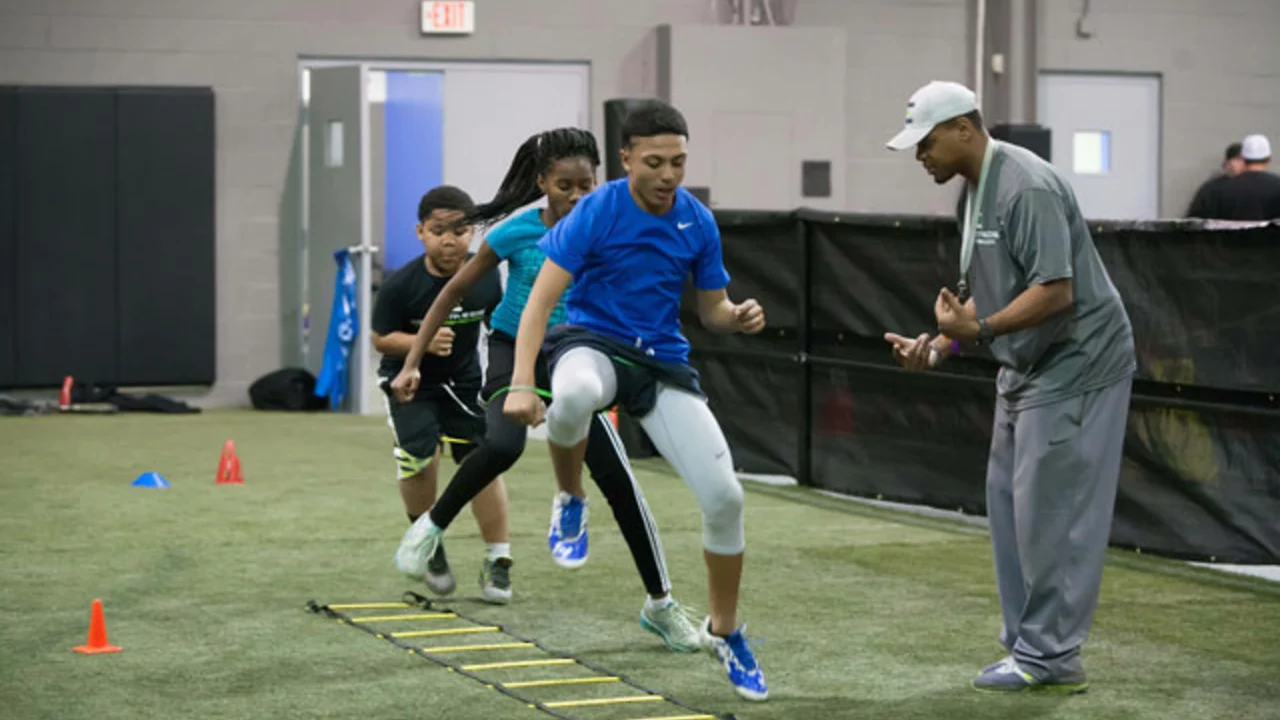Effective Coaching: Simple Strategies to Elevate Your Team
Ever felt like your coaching style was missing something? Maybe you’re unsure why your players aren’t responding the way you expect. The good news is you don’t need a fancy degree or a magic formula. A few clear habits can make your coaching more effective right away.
Build Trust and Communication
First things first: athletes need to trust you. Trust isn’t built by yelling or demanding perfection; it’s earned when you listen, show up on time, and give honest feedback. Start every practice with a quick check‑in. Ask, “How are you feeling today?” and actually listen to the answers. When a player shares a concern, acknowledge it and offer a concrete way to address it. This simple act tells them you care about them as people, not just as players.
Clear communication goes hand‑in hand with trust. Use short, specific instructions instead of vague phrases like “play better.” For example, say, “Keep your elbows in on the drive” or “Move your foot to the left after the pass.” The more precise you are, the quicker players can adjust. Also, repeat key points at the end of a drill so the message sticks.
Teach Skills with Purpose
Effective coaching isn’t about cramming endless drills. It’s about giving each drill a purpose. Before you start, explain the “why.” If you want a shooting drill, say, “We’re working on quick release from the left side because that’s where opponents often force us.” Knowing the goal makes players more engaged and helps them translate practice into game situations.
Break skills into tiny steps. Want better footwork? Focus on the first three steps before adding the full move. Mastery of each piece builds confidence and reduces frustration. When a player nails a step, give specific praise: “Great balance on that third step.” That reinforces the right behavior.
Feedback should be immediate and balanced. Point out what was done right, then one thing to improve. Avoid overwhelming them with a list of faults. A single, actionable tip is easier to remember and apply.
Finally, involve your athletes in setting goals. Ask each player what they want to improve this month and write it on the board. When they achieve that goal, celebrate it publicly. This creates ownership and keeps motivation high.
Putting these habits into practice doesn’t require a massive time commitment. Spend a few minutes each session on check‑ins, clear instructions, and purposeful drills, and you’ll see a noticeable shift in how your team learns and performs.
Remember, effective coaching is a relationship, not a lecture. Show up, listen, be clear, and keep drills meaningful. Your players will respond, and your team will start to click. Give these steps a try this week and watch the change for yourself.
Effective Coaching - Teaching methods to improve athletic performance

Alright folks, so here's the skinny on effective coaching that turbocharges athletic performance. First, it's all about personalized training - think of it as a tailor-made suit, but for your muscles! Then, there's the mental game. A good coach doesn't just shape athletes, they build champions in the mind. Lastly, remember that feedback is the breakfast of champions. If it's constructive, munch it down like your favorite cereal! So, in a nutshell: customize, inspire, and communicate. It's as simple (and as complex) as that!
- August 3 2023
- Maverick Sterling
- 0 Comments